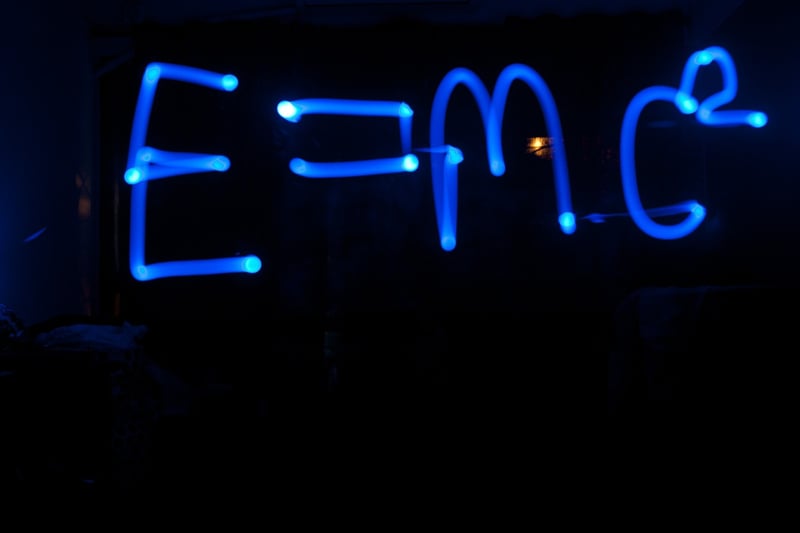Scientific Theories
Exploring Time Travel: Methods and Scientific Theories
Time travel has been a fascinating concept in science fiction for decades, but is it possible in reality? Let's delve into the various methods and scientific theories surrounding time travel.
Time Travel Methods:
1. Wormholes:
One theoretical method for time travel involves using wormholes. Wormholes are hypothetical tunnels in spacetime that could create shortcuts for long journeys across the universe. By manipulating these wormholes, it might be possible to travel through time as well.
2. Time Dilation:
Another method, based on Einstein's theory of relativity, is time dilation. Time dilation occurs when an object is moving at speeds close to the speed of light, causing time to pass differently for the moving object compared to a stationary observer. This effect could potentially enable time travel to the future.
3. Cosmic Strings:
Cosmic strings are another theoretical concept that could be used for time travel. These long, thin stretches of energy left over from the early universe could create gravitational fields capable of bending spacetime in a way that allows for time loops.
Scientific Theories:
1. Grandfather Paradox:
The Grandfather Paradox is a famous time travel thought experiment that raises questions about causality. It posits that if a time traveler were to go back in time and prevent their grandfather from meeting their grandmother, thus preventing their own birth, a paradox would be created. This paradox challenges the idea of changing the past.
2. Multiverse Theory:
The Multiverse Theory suggests that there are multiple parallel universes, each with its own timeline and set of events. In this theory, time travel would not change the past of one's own universe but instead create a new branch in a different universe where different outcomes occur.
3. Novikov Self-Consistency Principle:
The Novikov Self-Consistency Principle proposes that any actions taken by a time traveler in the past must be consistent with the current timeline, ensuring that no paradoxes occur. This theory implies that time travel is possible but that events in the past cannot be changed.
Conclusion:
While time travel remains a theoretical concept, the methods and scientific theories surrounding it continue to captivate the imagination of scientists and science fiction enthusiasts alike. Whether through wormholes, time dilation, or cosmic strings, the possibility of traversing through time raises profound questions about the nature of reality and the fabric of the universe.
Remember, while we may not have time machines yet, the exploration of time travel concepts pushes the boundaries of our understanding of the cosmos.

Explore more about time travel and its implications to unravel the mysteries of the universe!
